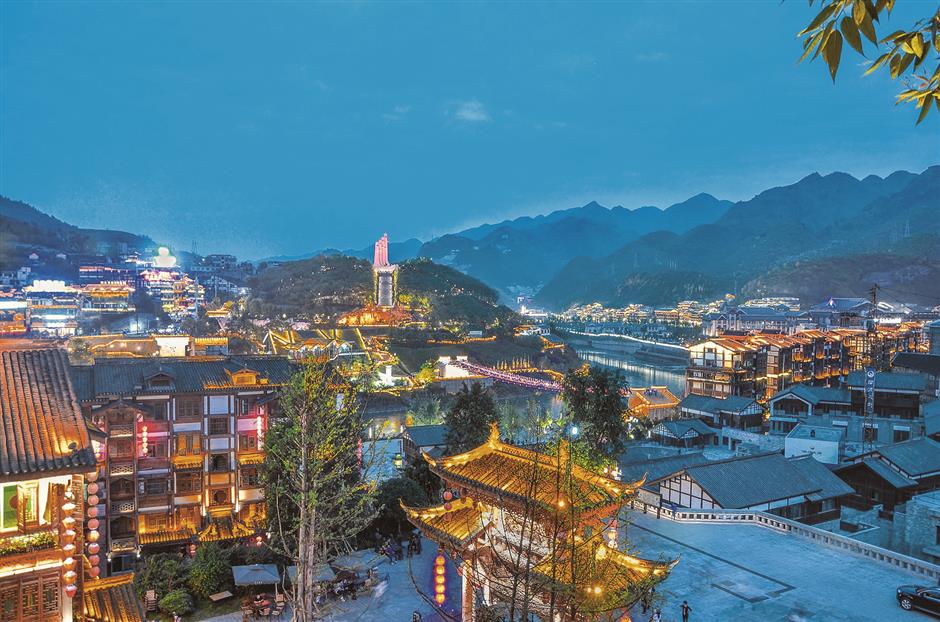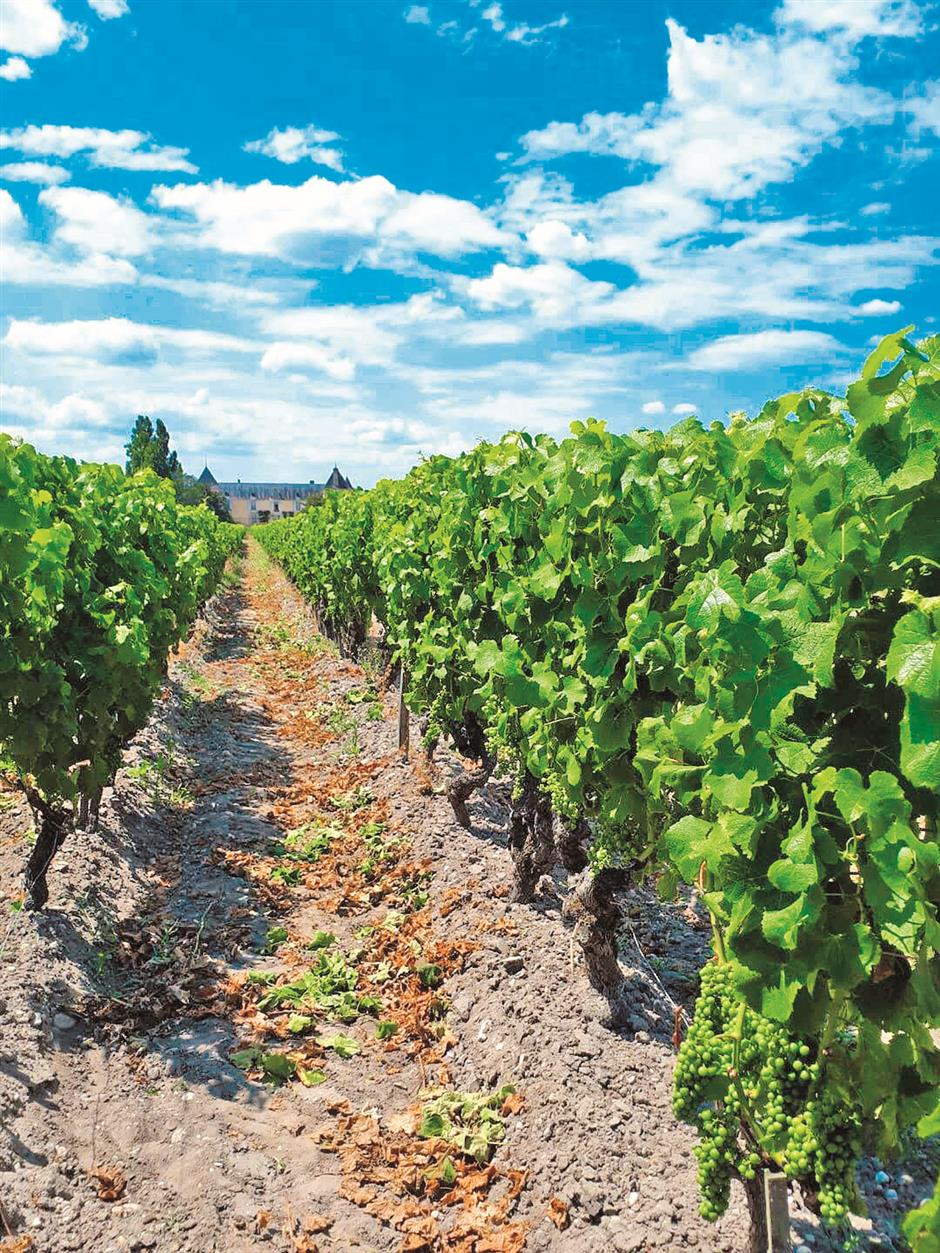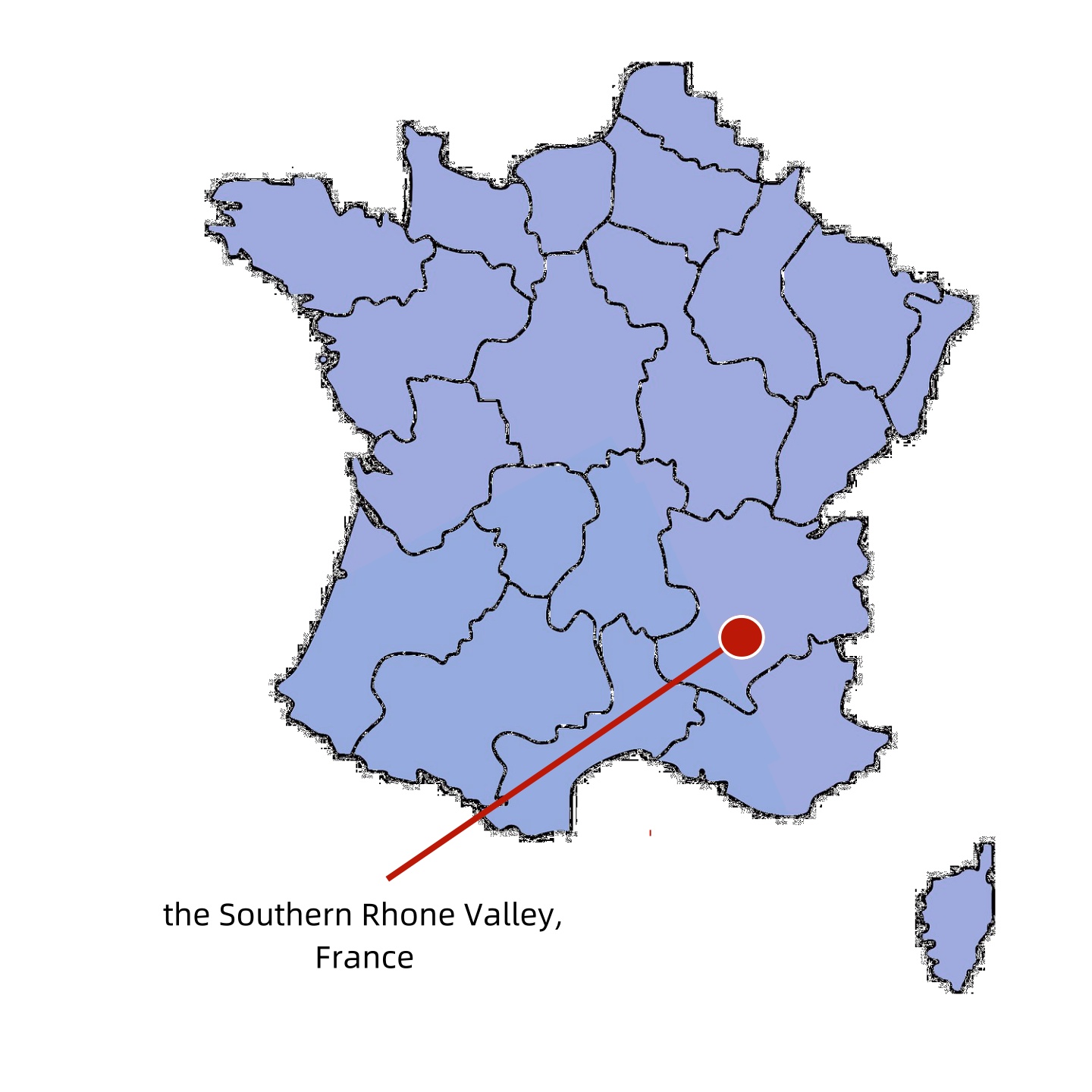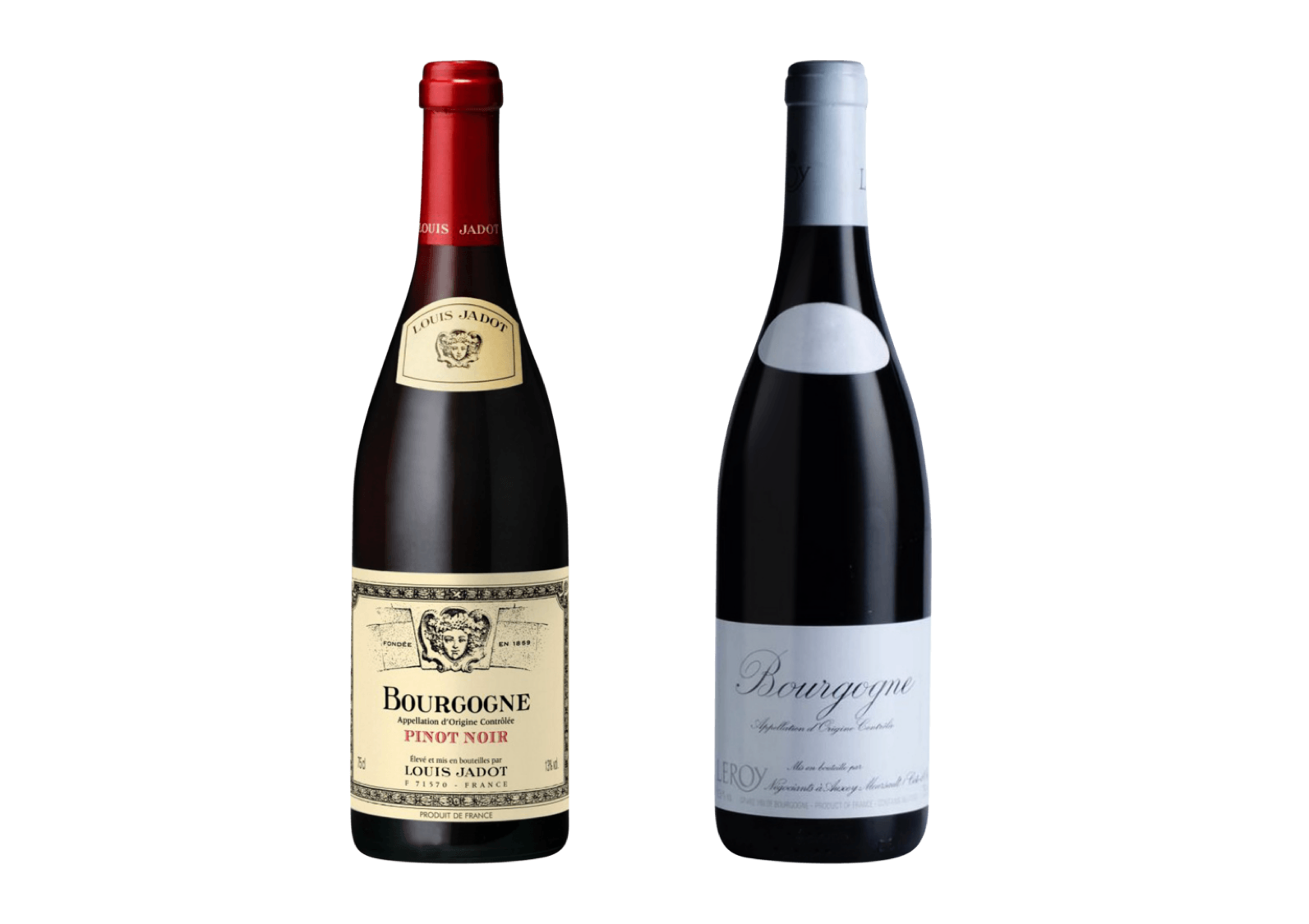Summary
The world’s most famous Christmas song may be “Dreaming of a White Christmas” by Bing Crosby, but Christmas is already well in the rear view mirror and personally I’m dreaming of a white Chinese New Year. Call it my own white tiger celebration of sorts, this Chinese New Year holiday I’ll be enjoying baijiu. You should too.
To say that baijiu has a bum wrap with most foreigners living in China is an understatement. Many of my single-malt-and-wine-loving friends in China refuse to drink baijiu. Some may have had a bad experience with the spirit but many others simply lack understanding and exposure. However, when given a chance to conduct a proper baijiu tasting with the requisite introductory information on production processes and styles, I’ve had significant success converting these naysaying disbelievers into aspiring baijiu aficionados.
Baijiu is indisputably one of the most complex and storied spirits in the world. The first distilled spirits in China date back to the later Song Dynasty (AD 960–1279) or early Yuan Dynasty (1271–1368). I’ve visited fermenting and distillation pits in Lidu, Jiangxi Province that date back to 1308.
Modern baijiu styles are differentiated by ingredients, the yeast starter known as qu, method of fermentation and aroma types. The latter is the most common way to classify baijiu and there exist four major aroma styles. Sauce Aroma style baijiu features an elaborate production method including multiple fermentations and commonly feature rich and elegant aromas and flavors with a satisfyingly long finish.
Strong Aroma baijiu are aromatic, refreshing and complex. Light Aroma baijiu tends to be light, clean and elegant often with floral notes while Rice Aroma baijiu is usually sweet and mellow. In addition to the big four, there are numerous additional sub aroma styles.
In fact, there are so many styles and expressions of baijiu that it’s practically impossible to dislike them all. Therefore, I encourage readers to join me in enjoying a deliciously white Chinese New Year holiday by savoring the unique qualities of sauce aroma baijiu from Guizhou.
Why sauce aroma? Because this style of baijiu arguably offers the greatest complexity and persistence. Other popular styles like light aroma and rice aroma may be more delicate and accommodating to international palates while the strong aroma may offer similar intensity and persistence; but at its best, sauce aroma arguably provides China’s most unique baijiu experience.

Moutai
The town of Maotai in Guizhou, or Kweichow as is commonly seen on the lablel, is home to the world’s most famous sauce aroma baijiu. The standard bearer Kweichow Moutai Flying Fairy and other baijiu from the same distillery, often simply referred to as Kweichow Moutai, are an obvious yet somewhat knee jerk choice as they carry the most prestige. However, as much as I admire the world’s most famous baijiu, I think there are equally good or even better sauce aroma options for the Year of the Tiger. With this in mind, allow me to recommend three less ubiquitous but equally distinguished baijiu. Two hail from Maotai and one from the neighboring Sichuan Province, and all three offer an inspired drinking experience for the Chinese New Year holiday and beyond.
One of my favorite sauce aroma baijiu is made by Guizhou Renhuai Dasunbo Liquor Comany. Dansunbo is one of the most respected distilleries in Maotai town with a line of premium quality, long-aged baijiu for high-end customers in China. This independent boutique distillery is also one of the awarded in the industry.
The Dansunbo 8 Year baijiu combines base spirits that are aged for eight years with reserve level 10 to 16-year-old baijiu. The result is a rich and complex 53-percent alcohol baijiu with elegant sweet and mellow flavors, a weighty and velvety texture and a lingering savory finish. The finesse and refined character of this spirit makes it particularly suitable as an ambassador not only to educated Chinese palates but also to discerning international connoisseurs.
Another must-try sauce aroma baijiu is made by Guizhou Gu Dai Liang. Named after the pioneering baijiu master distiller Gu Dailiang, this renowned distillery is located in the center of Maotai town. The highly sought-after Gu Dai Liang The Mastery 20 sauce aroma baijiu is famous for typical sauce aroma characteristics like enticing aromatics, complexity, multi-layered flavors and smooth and generous texture with excellent persistence.
Guess what? Not all great sauce aroma comes from Maotai. Proof and point is the baijiu produced by the Shenjiu Group. This large producer actually makes five different styles of baijiu including sauce, strong, light, mixed and chen aromas in multiple distilleries located within Sichuan and Guizhou, an area that’s often referred to as the golden triangle of baijiu.
The Shenjiu Jiang-Aroma Reserva 53 is distilled and matured along the banks of the Chishui River, just across the provincial border from the Kweichow Moutai Distillery. This rich and distinctive baijiu is matured in jars for 15 years with an addition year of bottle-aging before release.
Should you remain in beautiful Shanghai for the holiday or go elsewhere, a superior sauce aroma baijiu will surely embellish your celebrations. Cheers and wishing all readers a most healthy, happy and fortuitous Year of the Tiger with many opportunities to sauce-it-up with voluminous Chinese baijiu.
Where to buy
WeChat (search for Drink Labo mini-program)
Guizhou Renhuai Dasunbo 8 Year
Gu Dai Liang Sales Hotline: 400-001-3915
Gu Dai Liang The Mastery 20
JD.com (search for Shenjiu Flagship Store)
Shenjiu Jiang-Aroma Reserva 53





